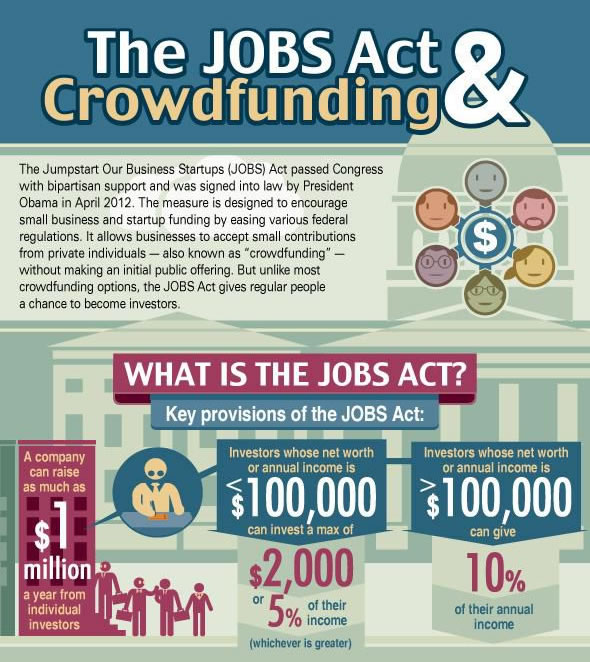SEC Testing the Waters Provision
SEC Testing the Waters Provision

Under the leadership of its Chairman, Jay Clayton, the SEC has for the last two years demonstrated that it wants more companies to go public. This is following an alarming trend that has seen US listings drop by 50 percent in the past two decades, which could be hurting investors. Following on from the Jobs Act of 2012, which was signed into effect by President Obama, the SEC has proposed giving any company that’s contemplating a potential IPO a chance to explore its plans privately with potential investors, both institutional and accredited, before making any public announcements. This means that it would allow every company to “test the waters” before deciding whether or not to do an IPO, not just emerging growth companies or EGCs which are currently practicing this. (According to the SEC’s definition, an EGC is any issuer with total annual gross revenue of less than $1billion during its most recent completed fiscal year.)
The rationale behind this move is to expand the rule to a wider range of companies which could boost the number of IPOs within the US by allowing companies to communicate with certain institutional investors regarding a potential IPO prior to, or following, the filing of the registration statement with the SEC. It will also offer a cost-effective means for evaluating market interest before incurring the high costs associated with an IPO.
“Extending the test-the-waters reform to a broader range of issuers is designed to enhance their ability to conduct successful public securities offerings and lower their cost of capital, and ultimately to provide investors with more opportunities to invest in public companies,” said SEC Chairman Jay Clayton. “I have seen first-hand how the modernization reforms of the JOBS Act have helped companies and investors. The proposed rules would allow companies to more effectively consult with investors and better identify information that is important to them in advance of a public offering.”
The public has been given 60 days to comment on this proposal and the SEC will decide in the upcoming weeks whether it will move forward or not with this new rule.

Sources:
IR Magazine
SEC
Tech Crunch
Reuters
Forbes
